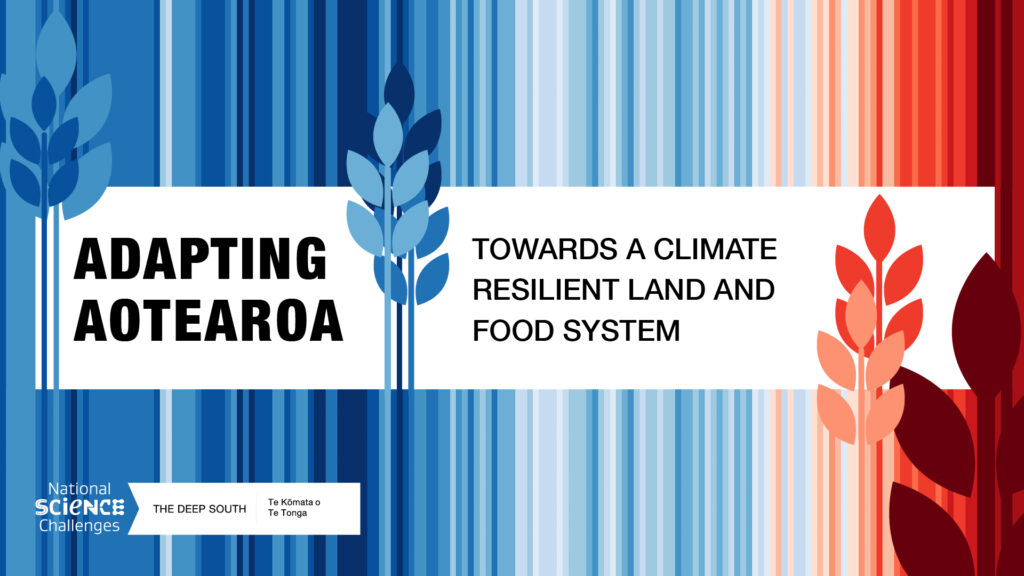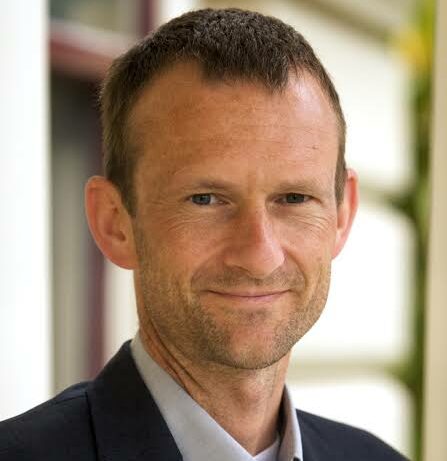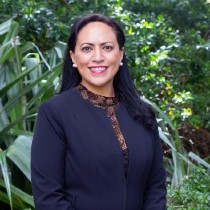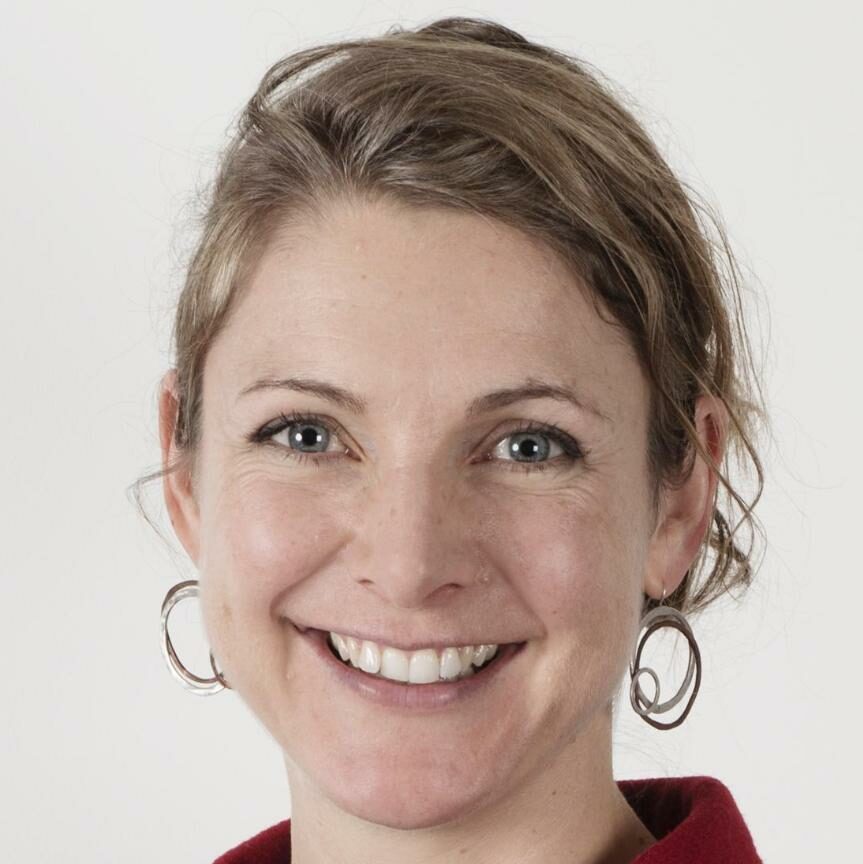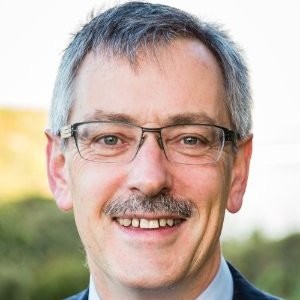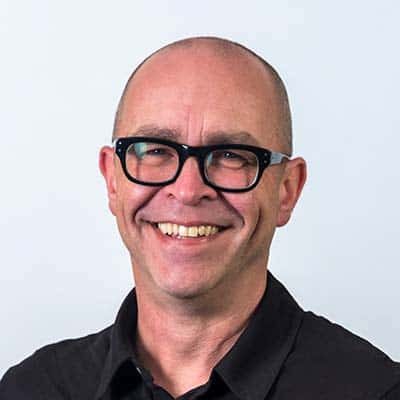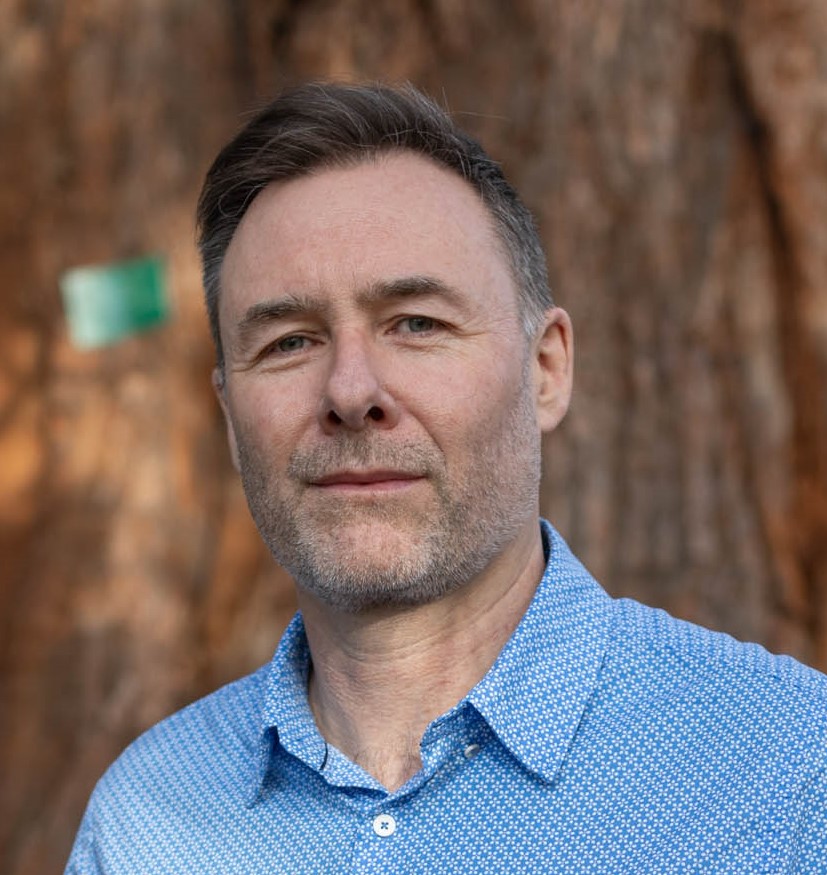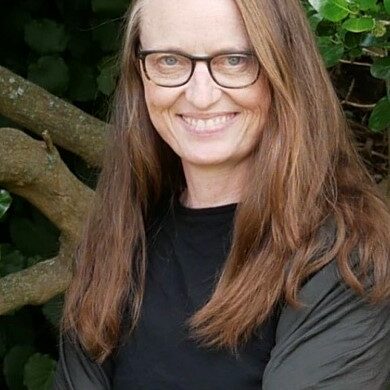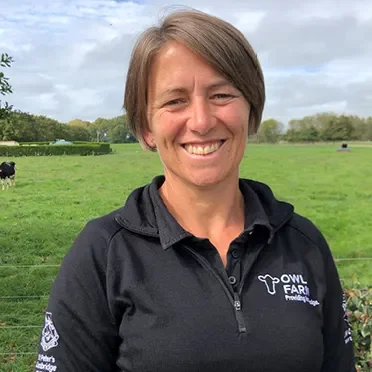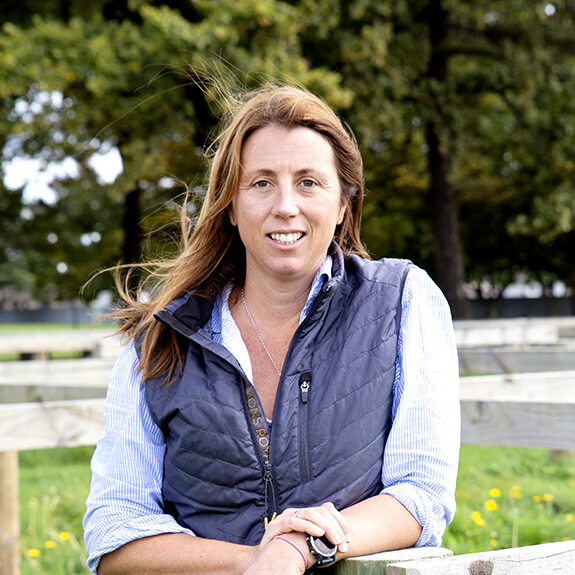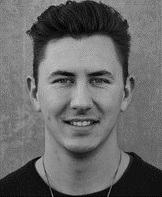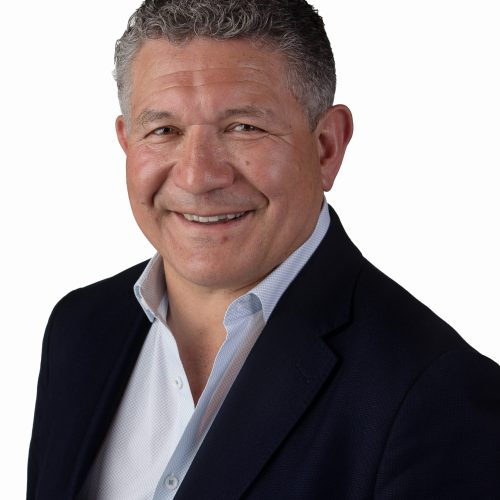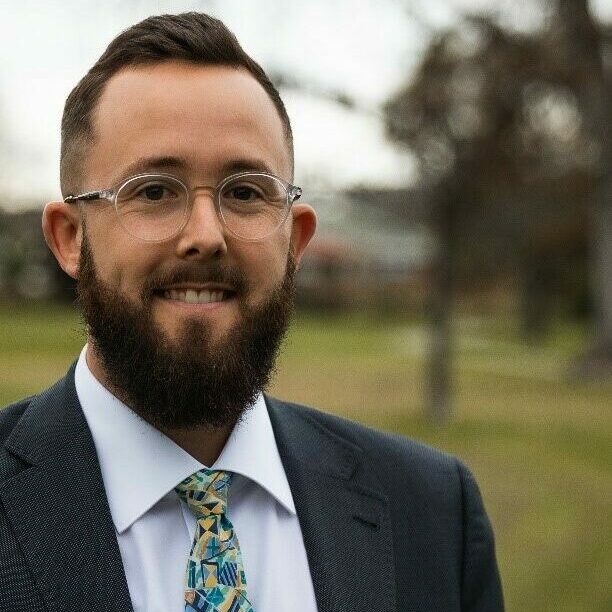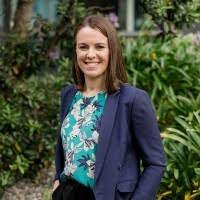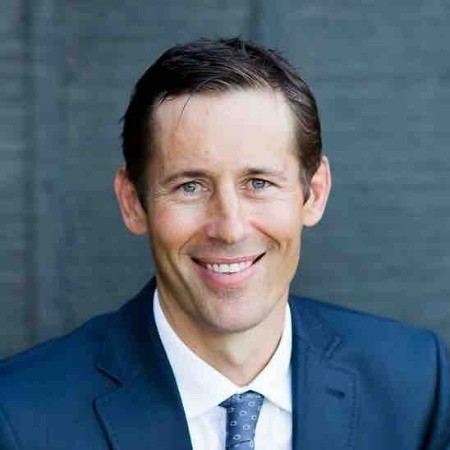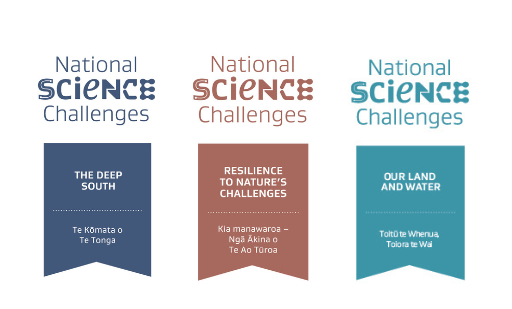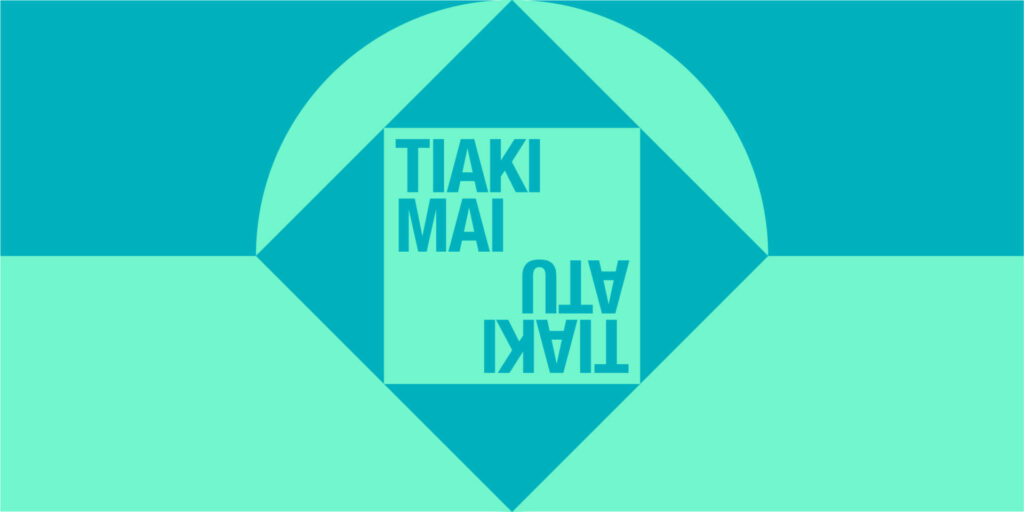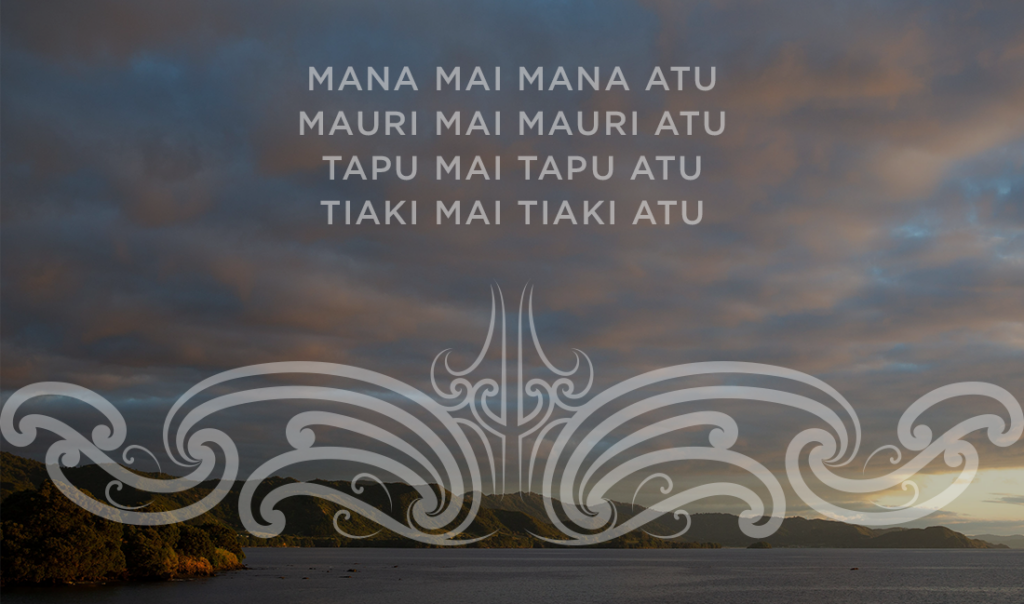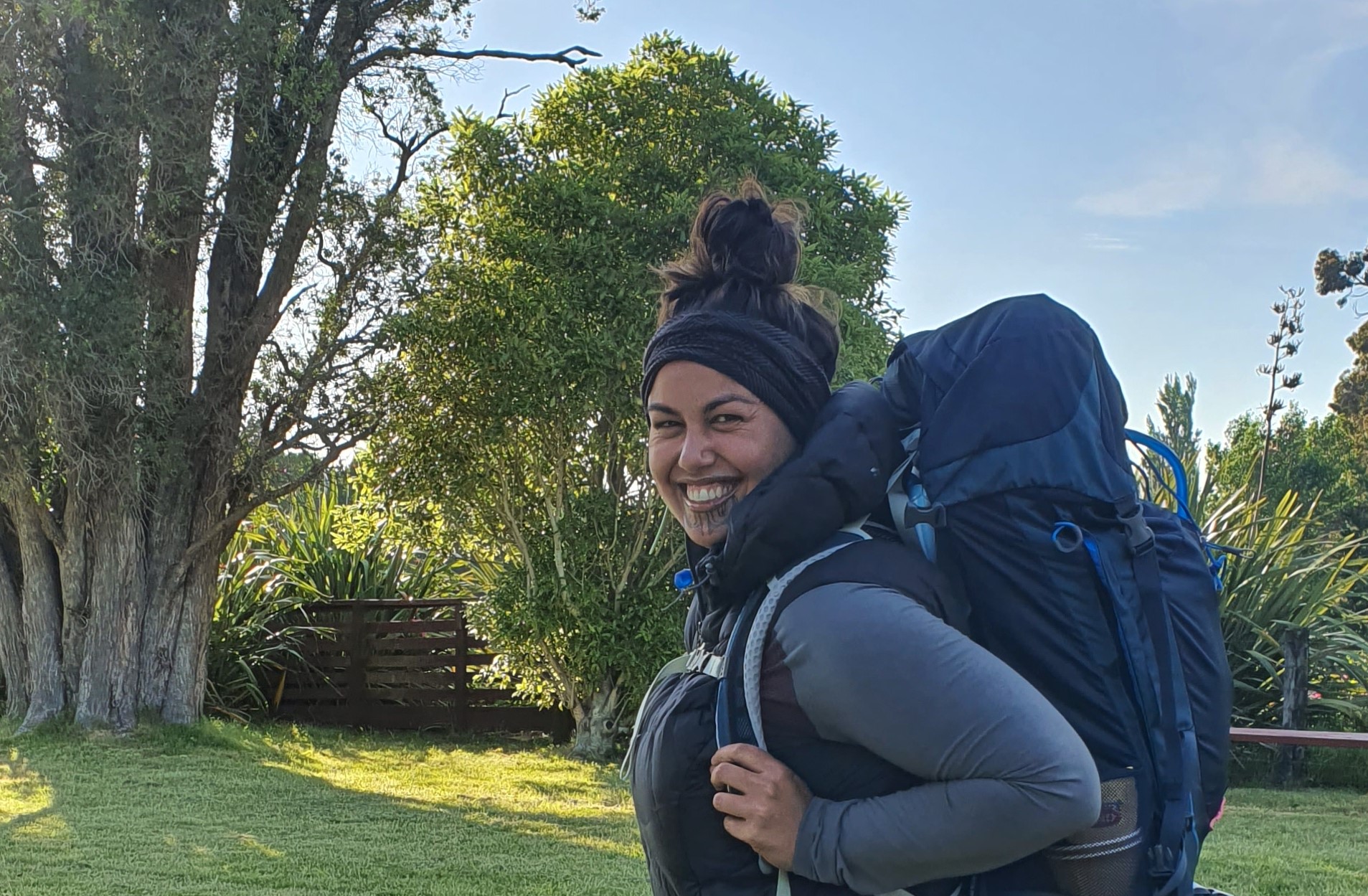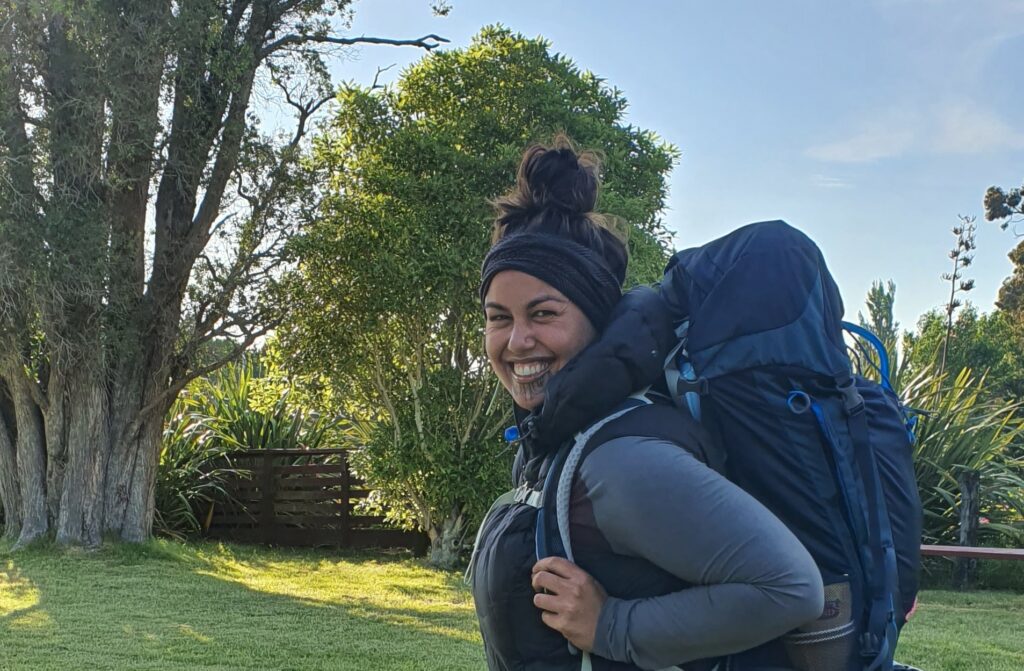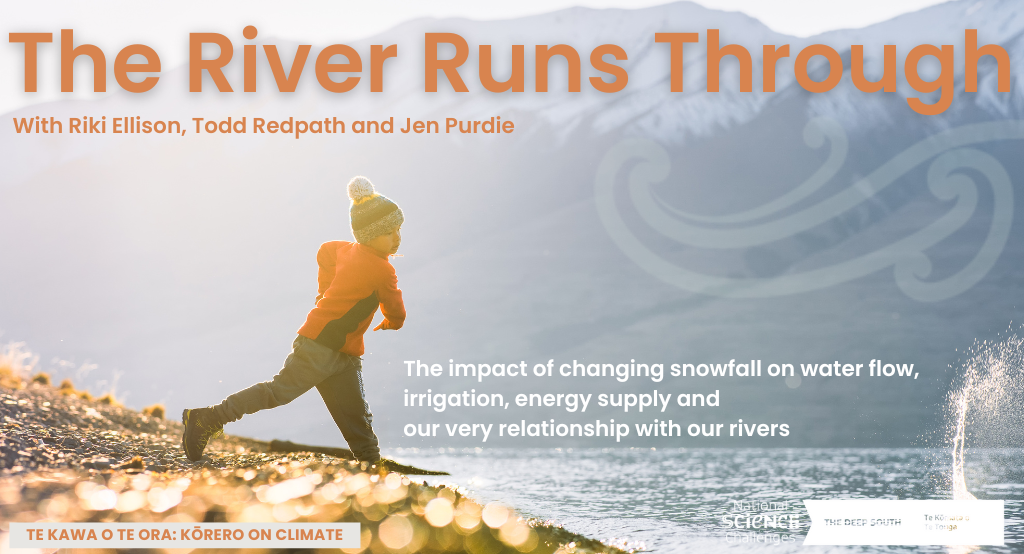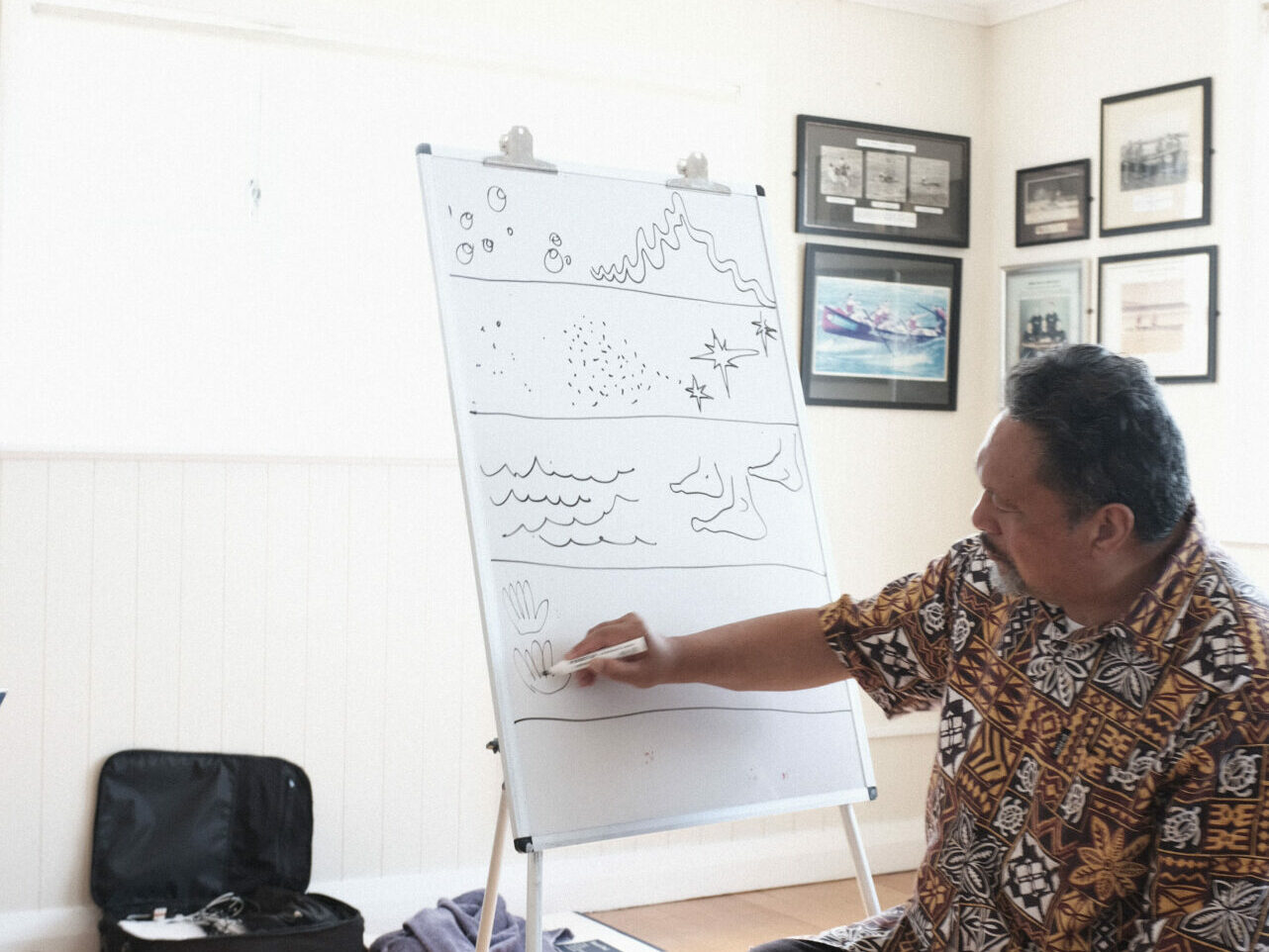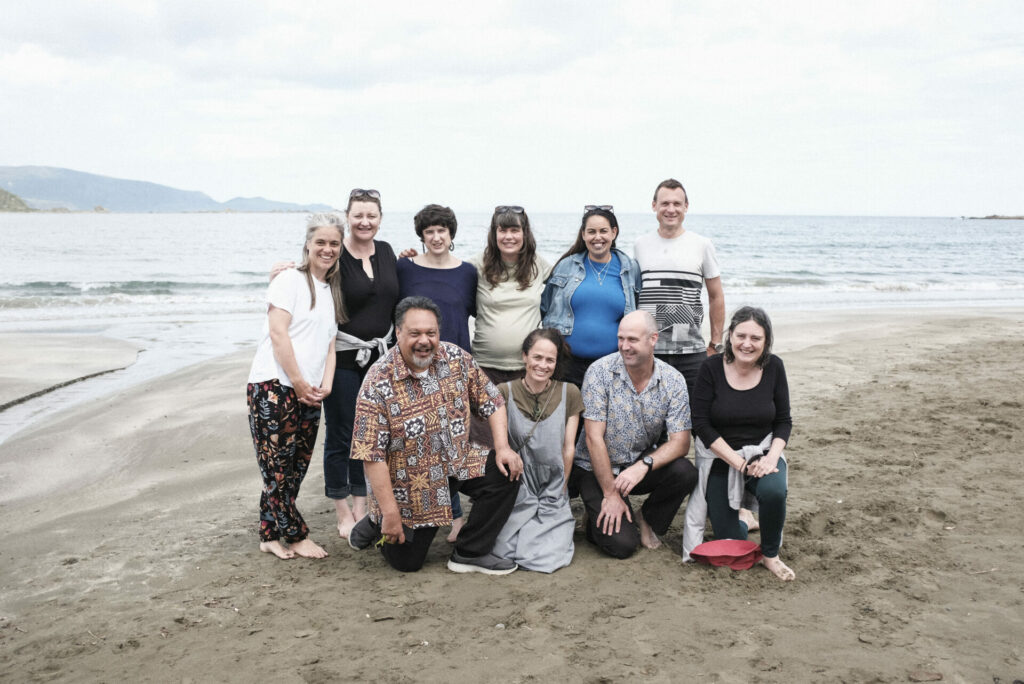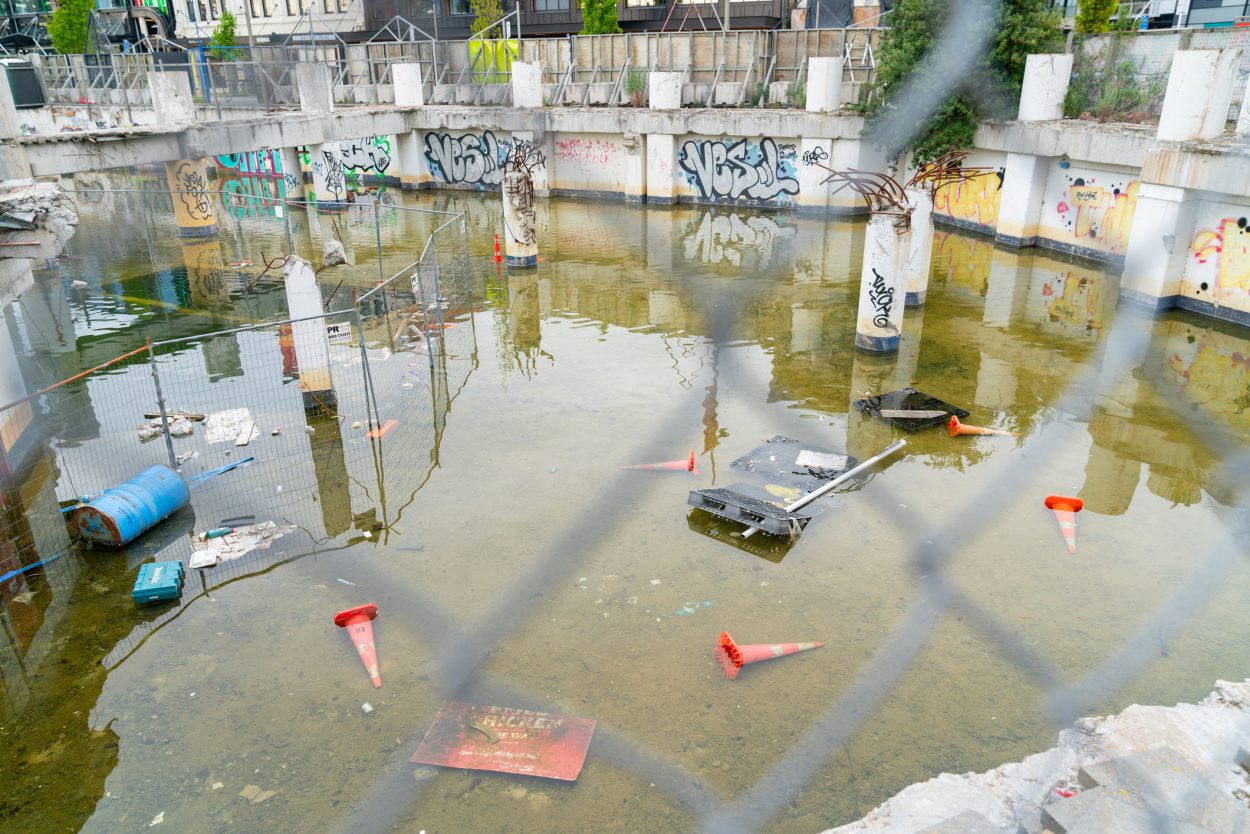
Project Summary from the research project “Adapting to compound flood hazards“ led by Andrew Allison and Judy Lawrence
Severe and urgent challenges
Climate change has arrived: hazard events like extreme weather are impacting low-lying coastal areas more often as well as affecting wider areas. Different coastal hazards often occur at the same time, and they interact to produce worse impacts, but there is uncertainty around the timing, frequency and severity of hazard impacts. Much of New Zealand’s infrastructure is located on low-lying coastal plains that are vulnerable to coastal hazards. Infrastructure providers, such as Councils in these areas, face more severe and urgent challenges due to climate change. Many types of low-lying infrastructure may fail under seemingly small increments of sea-level rise, even of less than half a metre.
Water infrastructure providers are required to service freshwater, stormwater and wastewater systems and minimise costs despite this uncertainty. Water infrastructure failures will have wide-ranging impacts on society, affecting health, economics and recreational amenity. There are also considerable political implications. Traditional approaches to climate change adaptation have not yet identified ‘robust’ actions that can perform well under a range of possible futures.
Exploring decision-making for low-lying infrastructure
Our project used decision-making under deep uncertainty (DMDU) approaches and developed models to investigate ways in which compounding climate change hazards may affect low-lying infrastructure over the next 100 years.
We utilised seven methods – scoping workshops, system mapping, dynamic adaptive pathways planning (DAPP), simulation modelling, robust decision-making (RDM), real options analysis (ROA) and validation workshops. These methods were used to identify thresholds where current and proposed adaptation actions for water infrastructure no longer meet their objectives, and to encourage timely decision-making for new adaptation. We applied the methods to model adaptation strategies for two low-lying, coastal wastewater treatment plants (WWTP); Helensville WWTP in rural north Auckland, and Seaview WWTP in Petone, Wellington.
We identified adaptation thresholds for these case studies and identified when new adaptive actions would need to be undertaken to avoid these thresholds. We stress-tested proposed actions, identifying how long they would be effective for. Our modelling showed that some proposed adaptive actions would not be effective at avoiding adaptation thresholds at all. In the case of Helensville WWTP, one adaptive action is only suitable for use as an interim measure before the WWTP will need to be moved away from a hazard-prone area due to unavoidable future sea-level rise. This is will involve significant cost and risk. For Seaview WWTP, implementing the right adaptive actions will allow the plant to remain on site for its design life.
Discovering the costs of inaction
We used ROA to identify the costs of inaction, and to determine the relative costs of a set of viable adaptation pathways that are robust to future uncertainty. We found that trying to avoid managed retreat is likely to be more costly in the long run than accepting managed retreat as a possibility and planning ahead.
We demonstrated how the seven methods provide quality decision-support and let society avoid the worst impacts of climate change and coastal hazards. The seven methods can allow decision makers to stress-test potential adaptation actions, understand the lifetime and effectiveness of proposed actions, and to understand which combinations or sequence of actions is most robust.
Our approach can help infrastructure providers understand the effectiveness of adaptation actions, how long they will work for, which adaptation actions are likely to fail and which actions are most likely to work. The seven methods provide a solid platform for adaptation decision making over the long planning timeframes – at least 100 years – required in New Zealand. Our approach provides a useful set of planning methods that meets 2017 New Zealand’s Ministry for the Environment Coastal Hazards and Climate Change Guidance.
The seven methods highlight the value of using flexible approaches to ensure that adaptation planning is genuinely adaptable, allow infrastructure providers to determine whether proposed adaptation actions are fit-for-purpose, and to minimise cost where possible.
Find their guidance document on adaptive decision making here.
A printable pdf version of this project summary can be downloaded below.
